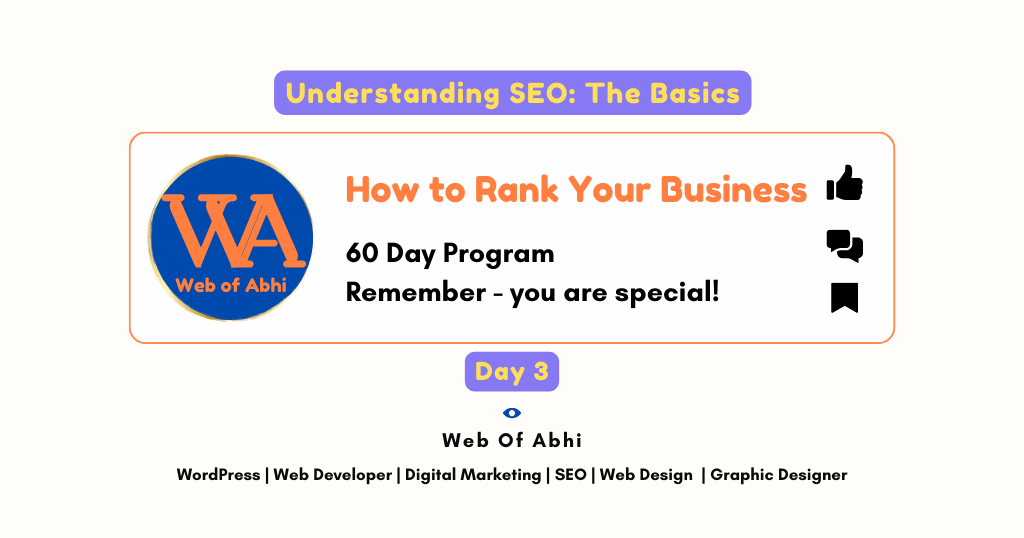Introduction
In today’s digital age, where users access websites from various devices such as smartphones, tablets, laptops, and desktops, it’s essential to ensure that your website looks great and functions seamlessly across all screen sizes. Responsive web design is the key to achieving this goal. In this blog post, we’ll delve into the importance of responsive design, its principles, and best practices to ensure your site provides an optimal user experience on every device.
Why Responsive Web Design Matters
Responsive web design is a design approach that allows websites to adapt and respond to different screen sizes, orientations, and devices. Here’s why it’s crucial for your website:
- Enhanced User Experience: A responsive website provides a consistent and seamless user experience across all devices, leading to higher engagement and satisfaction among visitors.
- Improved Accessibility: By catering to users on various devices, responsive design ensures that your website is accessible to a wider audience, including those with disabilities who may rely on different devices or assistive technologies.
- Better SEO Performance: Search engines like Google prioritize mobile-friendly websites in search results, making responsive design essential for improving your site’s visibility and ranking in search engine results pages (SERPs).
- Cost-Effectiveness: Rather than creating separate websites or apps for different devices, responsive design allows you to maintain a single website that adapts to all screen sizes, saving time and resources in the long run.
Principles of Responsive Design
To create a truly responsive website, it’s essential to adhere to the following principles:
- Fluid Grid Layouts: Use percentage-based grid layouts that adapt fluidly to different screen sizes, allowing content to resize and reflow dynamically.
- Flexible Images and Media: Employ techniques such as CSS media queries and fluid image resizing to ensure that images and media elements scale proportionally based on the viewport size.
- Media Queries: Use CSS media queries to apply specific styles based on the device’s screen size, resolution, and orientation, enabling targeted styling for different devices.
- Mobile-First Approach: Start designing and developing your website with a mobile-first mindset, focusing on delivering a great experience for smaller screens before scaling up for larger devices.
- Accessibility Considerations: Ensure that your website’s content and functionality are accessible to all users, including those with disabilities, by following web accessibility standards and guidelines.
Best Practices for Responsive Web Design
Implementing the following best practices will help you create a responsive website that excels across all devices:
- Prioritize Content: Identify and prioritize essential content and features for mobile users, delivering a streamlined experience that meets their needs efficiently.
- Optimize Performance: Minimize load times by optimizing images, code, and resources, ensuring fast and responsive performance across all devices.
- Test Across Devices: Test your website on various devices, browsers, and screen sizes to identify and address any compatibility issues or layout inconsistencies.
- Embrace Progressive Enhancement: Start with a solid foundation of core functionality and progressively enhance the user experience with advanced features and enhancements for larger screens.
- Stay Updated: Keep up with the latest trends, technologies, and best practices in responsive web design to ensure that your website remains relevant and effective in a constantly evolving digital landscape.
Conclusion
Responsive web design is no longer optional—it’s essential for creating websites that meet the diverse needs of today’s users. By embracing responsive design principles and best practices, you can ensure that your website looks great and functions seamlessly on all devices, providing an optimal user experience that drives engagement, accessibility, and success.
Start your journey towards responsive web design excellence today and unlock the full potential of your website across all devices!
AR
Owner of Web of Abhi – Online Business Solution CompanyGraphic Designer | Web Developer | Digital Marketing | WordPress | SEO | Web Design



